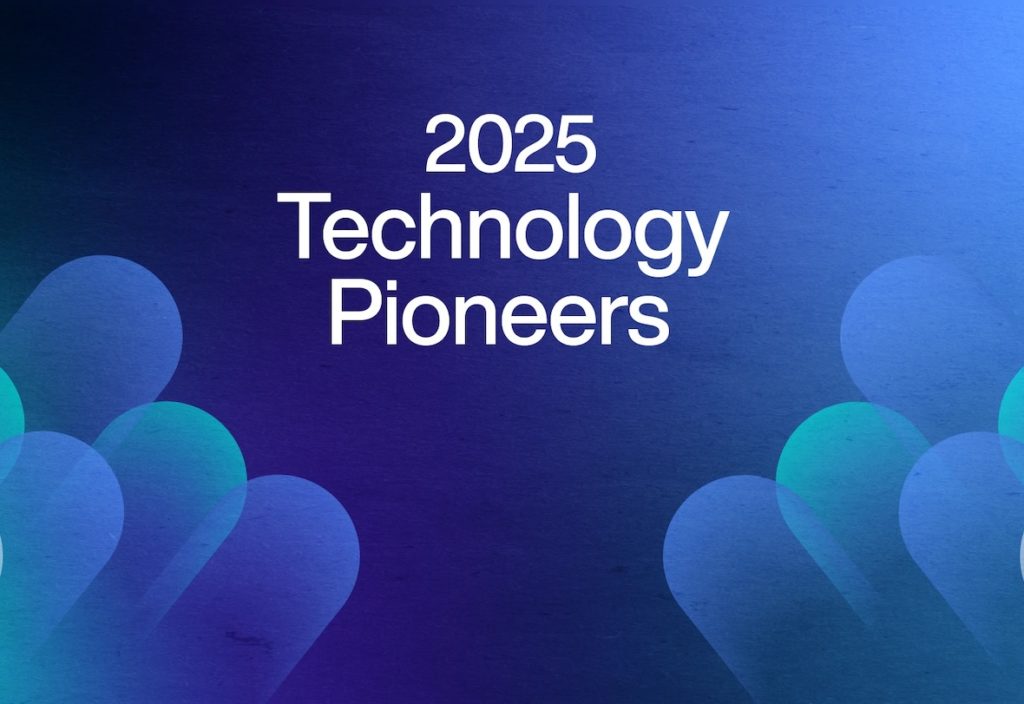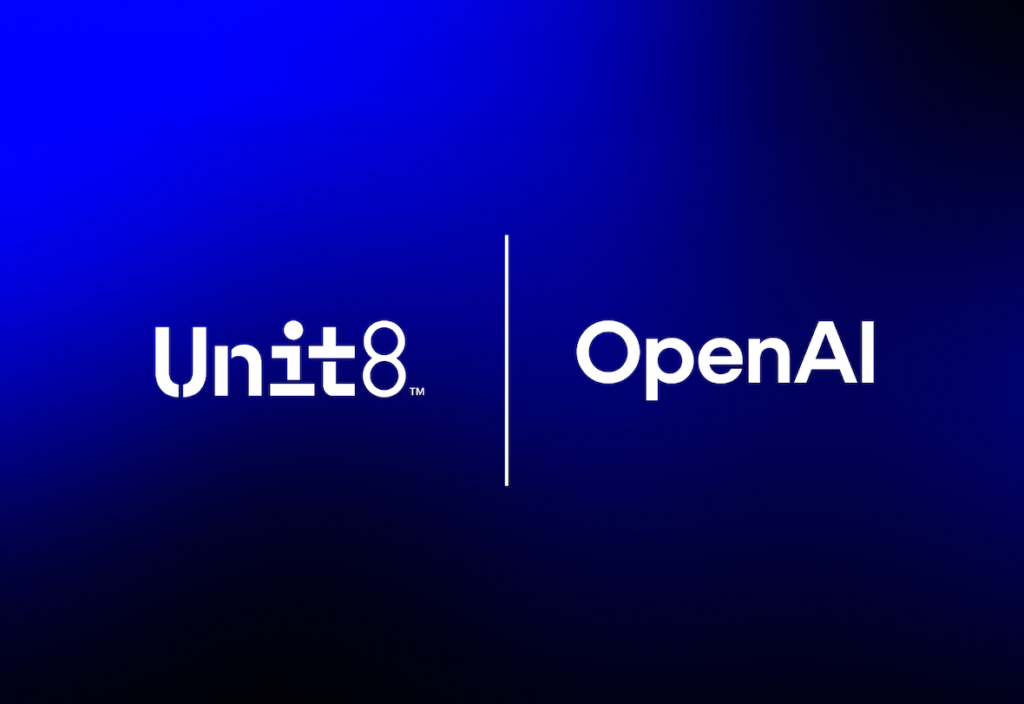
EPFL software to enable secure data-sharing for hospitals
6 April 2020

The MedCo system aims to facilitate medical research on pathologies — such as cancer and infectious diseases — by enabling secure computations on decentralized data. After a year of intense cooperation with hospital IT and legal experts, MedCo has now been deployed across the university hospitals of Lausanne, Geneva, and Bern. First released in 2019 […]
The MedCo system aims to facilitate medical research on pathologies — such as cancer and infectious diseases — by enabling secure computations on decentralized data.
After a year of intense cooperation with hospital IT and legal experts, MedCo has now been deployed across the university hospitals of Lausanne, Geneva, and Bern. First released in 2019 as the first operational system to protect sensitive patient data so that it can be used collectively for medical research, the system was developed in the Laboratory for Data Security (LDS) in EPFL’s School of Computer and Communication Sciences (IC), in collaboration with the Lausanne University Hospital (CHUV).
“As our ability to analyze and understand the diseases of individual patients grows, learning from experience becomes a necessary driver for improvement in patient care. MedCo enables us to gain precious insight from patients’ clinical histories,” says oncologist Petros Tsantoulis of the Geneva University Hospital (HUG).
MedCo’s interface is designed to be used by medical professionals who are not necessarily computer science experts. Its decentralized model is based on a cryptographic principle called secure multiparty computation, which makes it possible to confidentially analyze the data at the different hospitals. MedCo uses software libraries developed notably by EPFL’s Decentralized and Distributed Systems (DEDIS) Lab, headed by Bryan Ford.
Accelerating clinical research in Switzerland
Following tests in Lausanne, Geneva and Bern, MedCo will also be deployed at the university hospitals of Basel and Zurich, as well as other hospitals in the Swiss Group for Clinical Cancer Research (SAKK).
“The opportunity to query decentralized databases securely, while eliminating the possibility of identifying patients, is an important lever for accelerating university clinical research in Switzerland,” says CHUV deputy managing director Oliver Peters.
A powerful tool against COVID-19
An international consortium is being set up around this software as part of research into coronavirus. Thanks to MedCo, researchers in hospitals in different countries would be able to compare their data and make progress in understanding the evolution of the disease, the effects of various treatments, the risk factors and the responses to certain therapies. The data concerned are the clinical and genetic data of patients.

